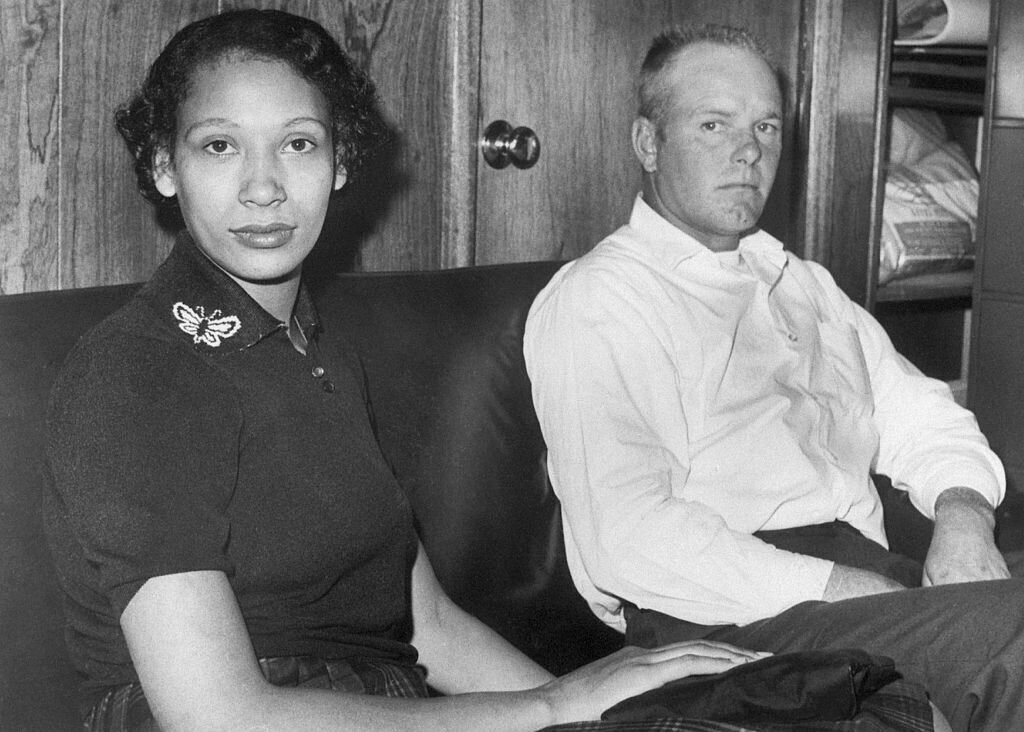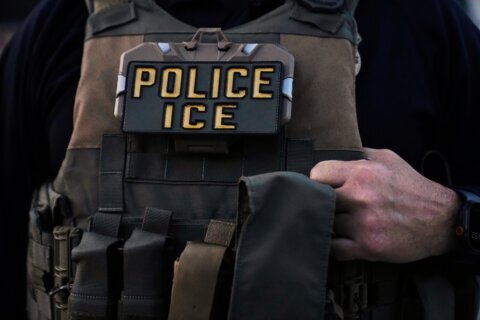An advisory panel in Arlington, Virginia, has voted to change the name of Lee Highway, which honors Confederate Gen. Robert E. Lee, to Mildred and Richard Loving Avenue, the couple at the center of the case that legalized interracial marriage.
Thursday evening, a county board-designated advisory panel overwhelmingly supported the change after months of soliciting names to replace the Lee moniker.
In 1958, the Caroline County, Virginia, couple were each sentenced to a year in prison for marrying each other. Mildred Loving was a woman of color, Richard Loving was white.
In 1967, the U.S. Supreme Court ruled that laws banning interracial marriage violate the equal protection and due process clauses of the 14th amendment to the U.S. Constitution.
“The landmark Loving Supreme Court case literally changed the United States” said Sandi Chesrown, Lee Highway Alliance Vice President and Working Group Member.
The group’s member said the Loving name and their case has both Virginia and national importance.
“The case brought an end to the separate and unequal, yet legally sanctioned [a] way of life in America,” Chersown said in a release. “It fueled the rise of multiracial families, and it supported the June 2015 ruling that legalized same sex marriage.”

The panel will advise Arlington’s County Board on Tuesday of its recommendation.
If the suggestion is approved by the Arlington board, the Commonwealth Transportation Board or Virginia General Assembly would need to sign off on the name change.
U.S. 29 was designated as Lee Highway by Virginia’s General Assembly in 1922, running from what is now Key Bridge in Rosslyn to Bristol, Virginia, at the border with Tennessee.
In August, Caroline County’s Board of Supervisors voted unanimously to remove the statue of a Confederate statue that stood on the courthouse lawn, where the Lovings were convicted. The statue was removed in October, and relocated to the nearby Greenlawn Cemetery.








